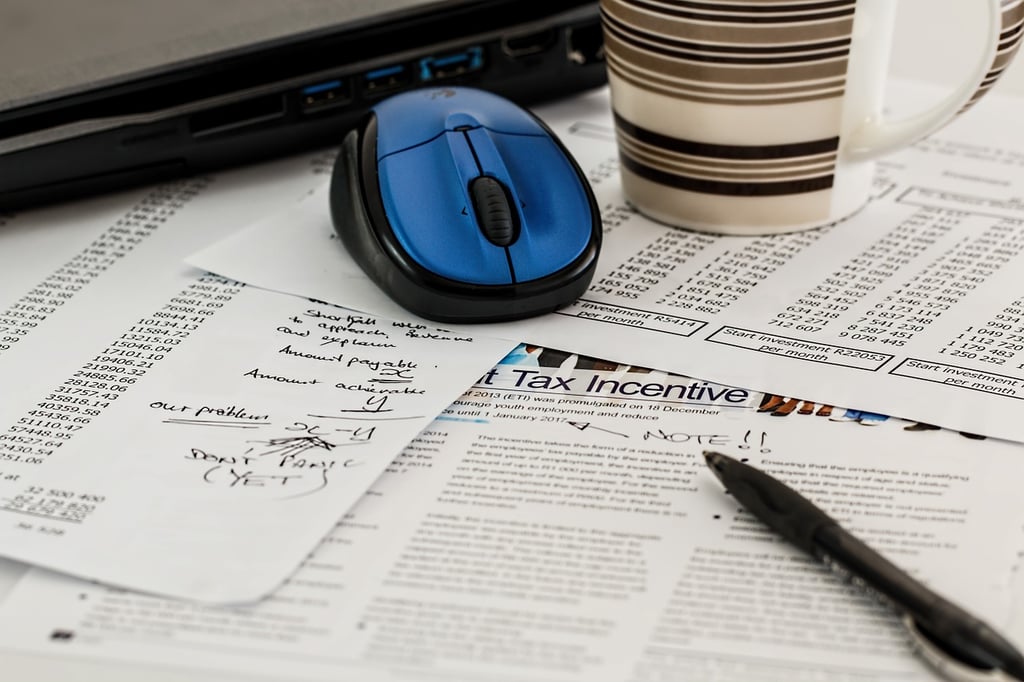Avoid These Income Tax Filing Pitfalls

It’s that time of year when the optimism of emerging springtime meets that downtrodden feeling that often comes with federal tax season.
The Internal Revenue Service says the most common penalties taxpayers face are for not filing a tax return, filing or paying late, or not paying taxes that are due. You probably wouldn’t be reading this if you were an intentional tax evader, but it’s possible that you’ve been busy and now worry about having enough time to file.
If you’re in this position — even though the filing deadline this year is April 18 (or April 19 in Maine and Massachusetts) — it makes sense to finish your paperwork ahead of the deadline because the penalties can be stiff:
- Failure to file. The penalty for filing late is usually 5% of the unpaid taxes for each month or part of a month a return is late. This penalty will not exceed 25% of your unpaid taxes.
- Late payment. If you owe taxes and don’t pay by the due date, you will generally pay a penalty of 0.5% of your unpaid taxes for each month or part of a month you’re late. The combined maximum penalty for paying late and filing late (assuming no fraud) is 5% per month, or 25% in total.
- You can request a deadline extension if you have paid at least 90% of your actual tax liability by the original due date. You won’t face a failure-to-pay penalty if the remaining balance is paid by the extended due date. So if you cannot pay all the taxes you owe, file your tax return on time and pay as much as you can, then explore other payment options.
The IRS also lists common tax-filing errors to avoid:
- Wrong names/numbers. Be sure you spell the names of everyone on your tax return exactly as they are on their Social Security cards and enter the Social Security numbers accurately. The same goes for bank routing and account numbers if you opt for getting your refund by direct deposit. And double-check all of your calculations to avoid math errors.
- Filing status errors. Some people use the wrong filing status, such as Head of Household instead of Single. The Interactive Tax Assistant on irs.gov can help you choose the right one. Tax software helps e-filers choose.
- Errors in figuring credits or deductions. Many filers make mistakes figuring their Earned Income Tax Credit, Child and Dependent Care Credit, and the standard deduction. If you’re not e-filing, follow the instructions carefully when figuring credits and deductions. For example, if you’re 65 or older or blind, be sure you claim the correct, higher standard deduction.
One last note — don’t forget to sign your tax return before mailing it or e-filing. An unsigned tax return is like an unsigned check — it’s not valid. Remember that both spouses must sign a joint return.
Content provided courtesy of USAA. By Robert Steen, CFP® MBA, Dir. of Retirement & Complex Financial Planning Advice




































































